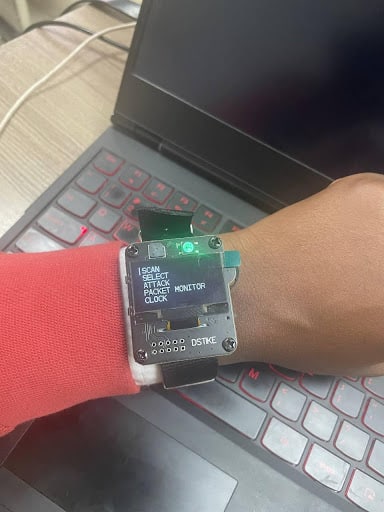
How DSTIKE watches are disrupting Ring Doorbell cameras and other Wi-Fi networked devices
December 18, 2022




Video evidence can be a powerful tool in a court case, as it can provide a clear and objective record of events. This can be especially useful in cases where there may be conflicting testimony or accounts of what happened.
There are several ways in which video evidence can be used in a court case. One common example is the use of surveillance footage to establish the presence or absence of a person at a particular location at a specific time. This can be useful in cases involving criminal charges, as it can help to establish an alibi or refute an alibi.
Another way in which video evidence can be used in a court case is to provide visual documentation of an accident or crime scene. This can help to establish the sequence of events and provide context for the testimony of witnesses.
Video evidence can also be useful in cases involving allegations of physical abuse or domestic violence. In these cases, footage of the incident can provide valuable evidence of the severity of the abuse and the level of fear experienced by the victim.
There are, however, some limitations to the use of video evidence in a court case. One potential issue is the authenticity of the footage. If there is any doubt about the authenticity of the footage, it may be challenged in court. Another issue is the interpretation of the footage, as different people may interpret what they see in different ways.
Hiring forensic experts at Garrett Discovery ensures that the video you want to use in court will be trusted and authenticated. The process of extracting video from Digital Video Recorders and cell phones is complex and requires specialized tools and trained experts. The video quality is a direct result of not only how the video is extracted, but also how the video is converted into a format that can be
Video evidence can be a valuable resource in a court case, as it can provide a clear and objective record of events. It is important, therefore, that video evidence is handled properly and presented in a clear and concise manner in order to maximize its impact on the outcome of the case.